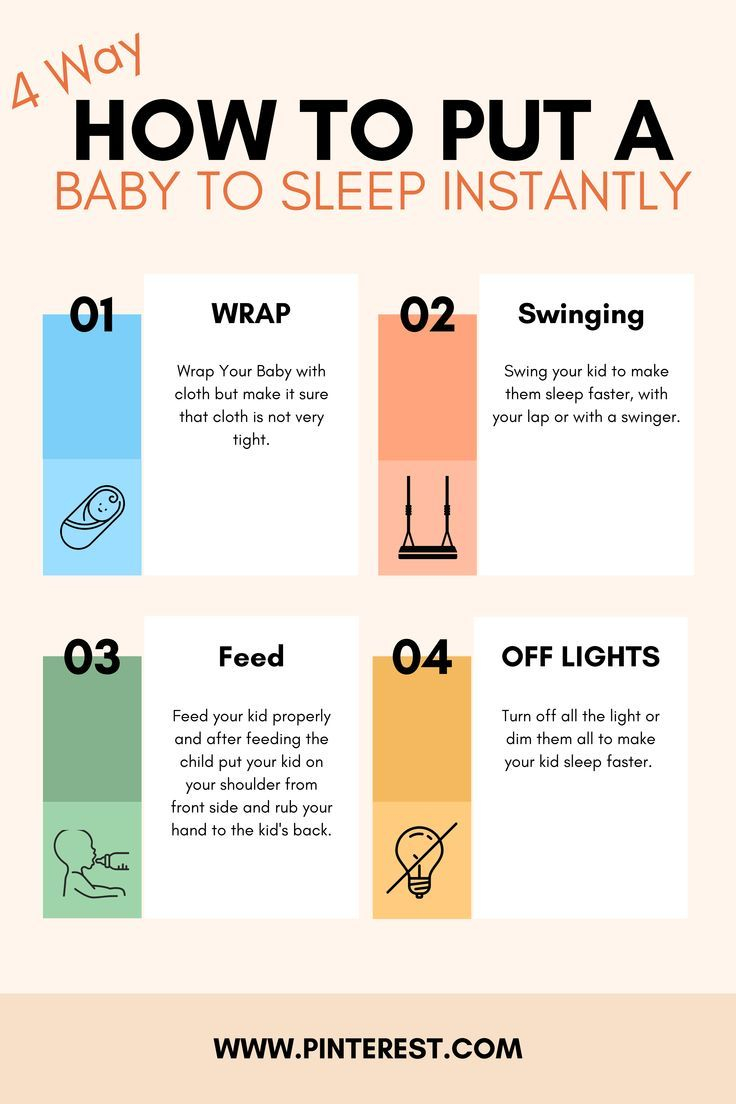What Is Considered Sleeping Through The Night For A Baby
Are you a new parent wondering when your baby will start sleeping through the night? Understanding what is considered sleeping through the night for a baby can help set realistic expectations and provide insight into your little one’s sleep patterns. In this article, we will delve into the topic of baby sleep and explore what it means for a baby to sleep through the night.
Knowledge
When it comes to babies, the definition of sleeping through the night can vary. For newborns, sleeping through the night may mean a stretch of 4-5 hours without waking up for a feed. As babies grow older, they may be able to sleep longer stretches without waking.
It’s important to remember that every baby is different, and their sleep patterns can vary. Some babies may start sleeping through the night earlier, while others may take longer to establish a consistent sleep routine. Factors such as feeding habits, growth spurts, and developmental milestones can all impact a baby’s sleep patterns.
Establishing a bedtime routine can help signal to your baby that it’s time to sleep. This can include activities such as a warm bath, reading a book, or gentle rocking before putting your baby down to sleep. Consistency is key when it comes to bedtime routines, as babies thrive on predictability.
Creating a sleep-friendly environment can also aid in helping your baby sleep through the night. Ensuring the room is dark, quiet, and at a comfortable temperature can promote better sleep. Using white noise machines or soothing music can also help lull your baby to sleep.
As your baby grows and develops, their sleep patterns will continue to evolve. It’s important to be patient and understanding as your baby navigates these changes. Seeking advice from healthcare professionals or sleep consultants can also provide guidance and support during this time.
Conclusion
In conclusion, what is considered sleeping through the night for a baby can vary depending on their age and individual needs. Understanding your baby’s sleep patterns and creating a conducive sleep environment can help promote better sleep. Remember, every baby is unique, and it’s essential to be patient and flexible as your baby learns to sleep through the night.
For new parents, the journey towards helping your baby sleep through the night can be challenging but ultimately rewarding. By being attuned to your baby’s needs and providing a nurturing and supportive environment, you can help set the stage for healthy sleep habits.
As your baby grows and develops, their sleep patterns will continue to change. By being informed and adaptable, you can navigate these changes with confidence and patience. Remember, a well-rested baby is a happy baby, and establishing healthy sleep habits early on can benefit both you and your little one in the long run.






